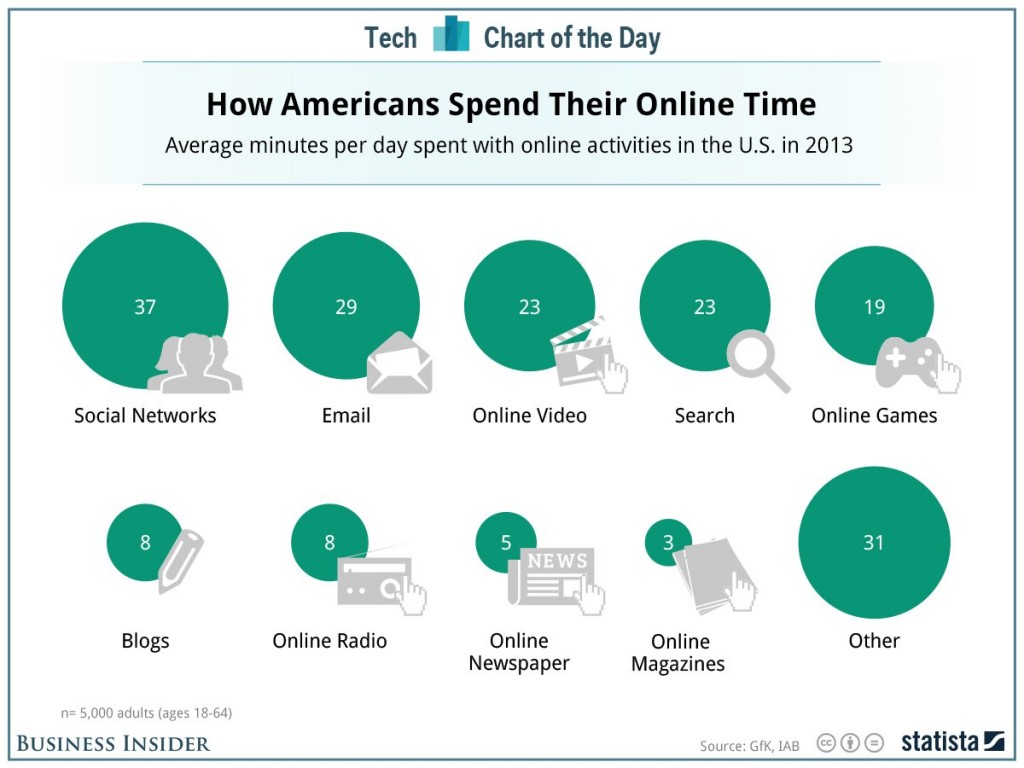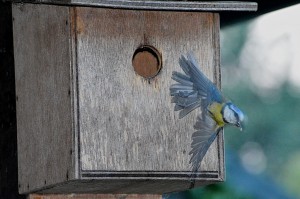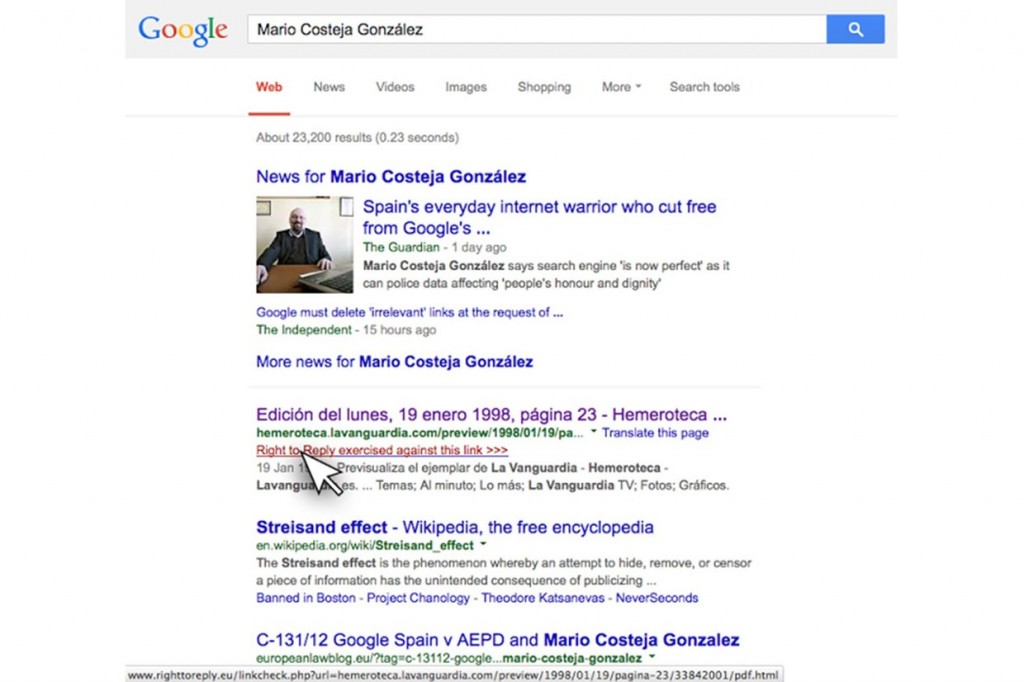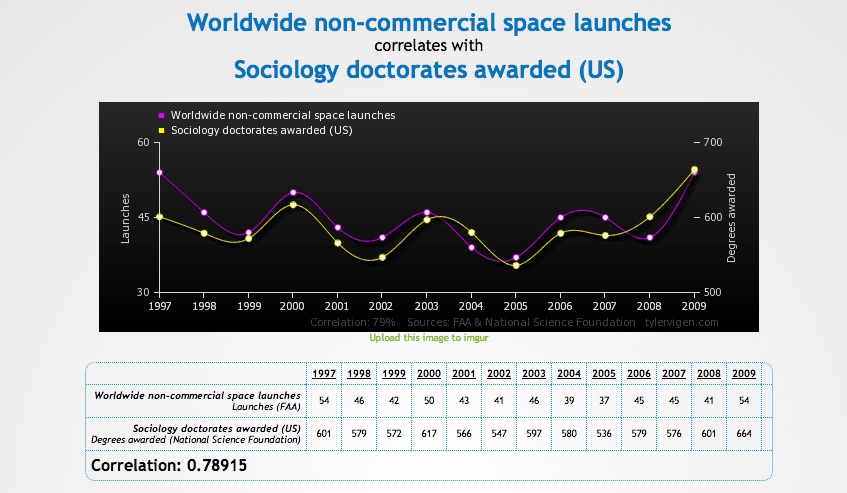Sobering chart. Some interesting aspects: note how important email still is, despite all the talk about social networking. Note that online newspapers and magazines together only add up to the same time consumption as blogs or internet radio.
Knowingness and knowledge
“There is a difference between knowingness and knowledge, but what is it? Knowingness comes after knowledge; it is only the echo of its source, and it is proud to be the echo. One of the liberties of our connected age is that we can be almost infinitely knowing, consoling our lack of true knowledge with an easy cynicism of acquisition. It is cheaply glorious to be able to discover almost any fact about the world on the machine I am using to write this review: I experience that liberty as the reward it is, and also as a punishment; as both a gift of the digital world and a judgement on my scant acquaintance with the actual world.”
James Wood, reviewing Zia Haider Rahman’s dazzling first novel, In the Light of What We Know, in the New Yorker, May 19,2014.
Hindsight
Nice cartoon in the New Yorker. A woman is talking to a chap at a school reunion. “I liked you better as a distant memory,” she says.
Neighbours
Google privacy ruling: the thin end of a censorship wedge?
This morning’s Observer column.
Sooner or later, every argument about regulation of the internet comes down to the same question: is this the thin end of the wedge or not? We saw a dramatic illustration last week when the European court of justice handed down a judgment on a case involving a Spanish lawyer, one Mario Costeja González, who objected that entering his name in Google’s search engine brought up embarrassing information about his past (that one of his properties had been the subject of a repossession)…
LATER
Three interesting — and usefully diverse — angles on the ECJ decision.
- Daithi Mac Sitigh points out that the decision highlights the tensions between EU and US law. “This is particularly significant”, he says, “given that most of the major global players in social networking and e-commerce operate out of the US but also do a huge amount of business in Europe.”
Google’s first line of defence was that its activities were not subject to the Data Protection Directive. It argued that its search engine was not a business carried out within the European Union. Google Spain was clearly subject to EU law, but Google argued that it sells advertising rather than running a search engine.
The court was asked to consider whether Google might be subject to the Directive under various circumstances. A possible link was the use of equipment in the EU, through gathering information from EU-based web servers or using relevant domain names (such as google.es). Another suggestion was that a case should be brought at its “centre of gravity”, taking into account where the people making the requests to delete data have their interests.
But the court never reached these points. Instead, it found the overseas-based search engine and the Spain-based seller of advertising were “inextricably linked”. As such, Google was found to be established in Spain and subject to the directive.
The message being sent was an important one. Although this ruling is specific to the field of data protection, it suggests that if you want to do business in the EU, a corporate structure that purports to shield your activities from EU law will not necessarily protect you from having to comply with local legislation. This may explain the panicked tone of some of the reaction to the decision.
- In an extraordinary piece, “Right to Forget a Genocide”, Zeynep Tufekci muses about how (Belgian) colonial imposition of ID cards on Rwandan citizens was instrumental in facilitating genocide.
It may seem like an extreme jump, from drunken adolescent photos to genocide and ethnic cleansing, but the shape, and filters, of a society’s memory is always more than just about individual embarrassment or advancement. What we know about people, and how easily we can identify or classify them, is consequential far beyond jobs and dates, and in some contexts may make the difference between life and death.
“Practical obscurity”—the legal term for information that was available, but not easily—has died in most rich countries within just about a decade. Court records and criminal histories, which were only accessible to the highly-motivated, are now there at the click of a mouse. Further, what is “less obscure” has greatly expanded: using our online data, algorithms can identify information about a person, such as sexual orientation and political affiliation, even if that person never disclosed them.
In that context, take Rwanda, a country many think about in conjunction with the horrific genocide 20 years ago during which more than 800,000 people were killed—in just about one hundred days. Often, stories of ethnic cleansing and genocide get told in a context of “ancient hatreds,” but the truth of it is often much uglier, and much less ancient. It was the brutal colonizer of Rwanda, Belgium, that imposed strict ethnicity-based divisions in a place where identity tended to be more fluid and mixed. Worse, it imposed a national ID system that identified each person as belonging to Hutu, Tutsi or Twa and forever freezing them in that place. [For a detailed history of the construction of identity in Rwanda read this book, and for the conduct of colonial Belgium, Rwanda’s colonizer, read this one.]
Few years before the genocide, some NGOs had urged that Rwanda “forget” ethnicity, erasing them from ID cards.
They were not listened to.
During the genocide, it was those ID cards that were asked for at each checkpoint, and it was those ID cards that identified the Tutsis, most of whom were slaughtered on the spot. The ID cards closed off any avenue of “passing” a checkpoint. Ethnicity, a concept that did not at all fit neatly into the region’s complex identity configuration, became the deadly division that underlined one of the 20th century’s worst moments. The ID cards doomed and fueled the combustion of mass murder.
- Finally, there’s a piece in Wired by Julia Powles arguing that “The immediate reaction to the decision has been, on the whole, negative. At best, it is reckoned to be hopelessly unworkable. At worst, critics pan it as censorship. While there is much to deplore, I would argue that there are some important things we can gain from this decision before casting it roughly aside.”
What this case should ideally provoke is an unflinching reflection on our contemporary digital reality of walled gardens, commercial truth engines, and silent stewards of censorship. The CJEU is painfully aware of the impact of search engines (and ‘The’ search engine, in particular). But we as a society should think about the hard sociopolitical problems that they pose. Search engines are catalogues, or maps, of human knowledge, sentiments, joys, sorrows, and venom. Silently, with economic drivers and unofficial sanction, they shape our lives and our interactions.
The fact of the matter here is that if there is anyone that is up to the challenge of respecting this ruling creatively, Google is. But if early indications are anything to go by, there’s a danger that we’ll unwittingly save Google from having to do so, either through rejecting the decision in practical or legal terms; through allowing Google to retreat “within the framework of their responsibilities, powers and capabilities” (which could have other unwanted effects and unchecked power, by contrast with transparent legal mechanisms); or through working the “right to be forgotten” out of law through the revised Data Protection Regulation, all under the appealing but ultimately misguided banner of preventing censorship.
There is, Powles argues, a possible technical fix for this — implementation of a ‘right to reply’ in search engine results.
An all-round better solution than “forgetting”, “erasure”, or “take-down”, with all of the attendant issues with free speech and the rights of other internet users, is a “right to reply” within the notion of “rectification”. This would be a tech-enabled solution: a capacity to associate metadata, perhaps in the form of another link, to any data that is inaccurate, out of date, or incomplete, so that the individual concerned can tell the “other side” of the story.
We have the technology to implement such solutions right now. In fact, we’ve done a mock-up envisaging how such an approach could be implemented.
Search results could be tagged to indicate that a reply has been lodged, much as we see with sponsored content on social media platforms. Something like this, for example:
(Thanks to Charles Arthur for the Tufekci and Powles links.)
Wheeler speaks with forked tongue
Nauseating but true: the FCC voted today to allow the creation of ‘fast lanes’ on the Internet — in other words to undermine the principle of Net Neutrality. At the same time the Chairman denied that it was doing that.
“There is one Internet. It must be fast, it must be robust, and it must be open,” FCC Chairman Tom Wheeler said this morning. And with that, the FCC voted to move forward with a plan that will make the Internet less open.
This is the kind of doublespeak Wheeler has engaged in since early details of his net neutrality plan have emerged — and alarmed big tech companies, startups, venture capitalists, advocacy groups and others, who have spoken out in hopes of saving the open Internet. Despite seemingly contradictory language in a fact sheet put out by the FCC, the plan by Wheeler, who got the 3-2 vote he needed today, would allow broadband providers to charge content providers for faster delivery of their offerings. This is being commonly referred to as the creation of Internet fast lanes. But Wheeler says those broadband companies won’t be allowed to block or slow network traffic.
LATER:
I think it would be more accurate to say that the FCC funked a clear decision and kicked the issue into the long grass for the time being. Farhad Manjoo has a more judicious summary in the NYT. But it won’t go away.
The mystery of the Piketty phenomenon
Interesting post by Dani Rodrik of Princeton about the reception of Piketty’s book;
I would have liked to claim that I was prescient in foreseeing the huge academic and popular success that the book would have upon publication. In truth, the book’s reception has been a big surprise.
For one thing, the book is hardly an easy read. It is almost 700 pages long (including the notes), and, though Piketty does not spend much time on formal theory, he is not beyond sprinkling an occasional equation or Greek letters throughout the text. Reviewers have made much of Piketty’s references to Honoré de Balzac and Jane Austen; yet the fact is that the reader will encounter mainly an economist’s dry prose and statistics, while the literary allusions are few and far between.
So why has it become a publishing sensation?
Rodrik thinks it has to do with the Zeitgeist.
It is difficult to believe that it would have had the same impact ten or even five years ago, in the immediate aftermath of the global financial crisis, even though identical arguments and evidence could have been marshaled then. Unease about growing inequality has been building up for quite some time in the United States. Middle-class incomes have continued to stagnate or decline, despite the economy’s recovery. It appears that it is now acceptable to talk about inequality in America as the central issue facing the country. This might explain why Piketty’s book has received greater attention in the US than in his native France.
The American Right’s Piketty problem
Brad DeLong has an interesting blog post about the feebleness of right-wing criticism of Thomas Piketty’s book. Drawing on Kathleen Geier’s very useful round-up of conservative reviews, he concludes:
But the extraordinary thing about the conservative criticism of Piketty’s book is how little of it has developed any of these arguments, and how much of it has been devoted to a furious denunciation of its author’s analytical abilities, motivation, and even nationality.
Clive Crook, for example, argues that “the limits of the data [Piketty] presents and the grandiosity of the conclusions he draws…borders on schizophrenia,” rendering conclusions that are “either unsupported or contradicted by [his] own data and analysis.” And it is “Piketty’s terror at rising inequality,” Crook speculates, that has led him astray. Meanwhile, James Pethokoukis thinks that Piketty’s work can be reduced to a tweet: “Karl Marx wasn’t wrong, just early. Pretty much. Sorry, capitalism. #inequalityforevah.”
And then there is Allan Meltzer’s puerile accusation of excessive Frenchness. Piketty, you see, worked alongside his fellow Frenchman Emmanuel Saez “at MIT, where…the [International Monetary Fund’s] Olivier Blanchard, was a professor….He is also French. France has, for many years, implemented destructive policies of income redistribution.”
Combining these strands of conservative criticism, the real problem with Piketty’s book becomes clear: its author is a mentally unstable foreign communist. This revives an old line of attack on the US right, one that destroyed thousands of lives and careers during the McCarthy era. But the depiction of ideas as being somehow “un-American” has always been an epithet, not an argument.
Now, in center-left American communities like Berkeley, California, where I live and work, Piketty’s book has been received with praise bordering on reverence. We are impressed with the amount of work that he and his colleagues have put into collecting, assembling, and cleaning the data; the intelligence and skill with which he has constructed and presented his arguments; and how much blood Arthur Goldhammer sweated over the translation.
To be sure, everyone disagrees with 10-20% of Piketty’s argument, and everyone is unsure about perhaps another 10-20%. But, in both cases, everyone has a different 10-20%. In other words, there is majority agreement that each piece of the book is roughly correct, which means that there is near-consensus that the overall argument of the book is, broadly, right. Unless Piketty’s right-wing critics step up their game and actually make some valid points, that will be the default judgment on his book. No amount of Red-baiting or French-bashing will change that.
Capa’s Longest Day
Lovely Vanity Fair piece by Marie Brenner about Robert Capa.
The orders came to Life war photographer Robert Capa in London from the United States Army in the last days of May of 1944: You are not to leave your flat for more than an hour at a time. Your equipment must be packed.
Capa was one of four photographers chosen to cover the first days of the United States Army’s massive assault on Hitler’s Europe; he had just enough time to hurry from his apartment on Belgrave Square to buy a new Burberry coat and a Dunhill silver flask. The need for bella figura had been at his core since his childhood in Budapest, where appearances and charm were means to survive… Read on
Spurious correlations
I’m collecting these for a talk I’m giving on Big Data’s obsession with correlation rather than causation.








